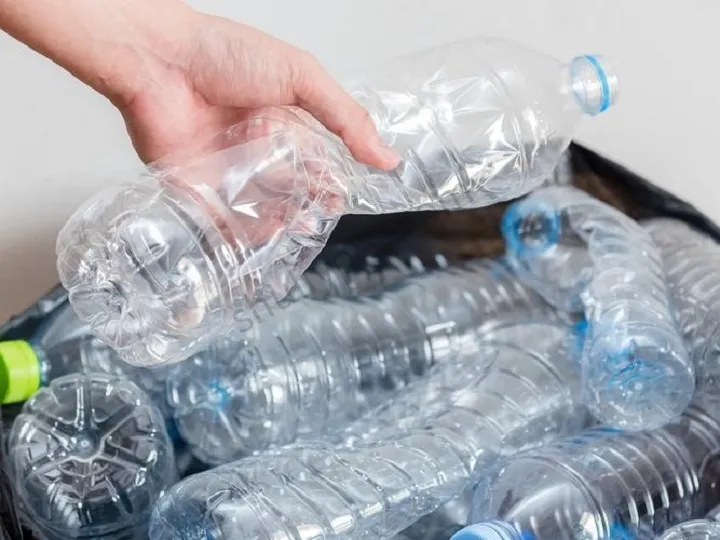A poluição plástica tornou-se um grande desafio para o meio ambiente global, e a linha de reciclagem de garrafas PET, um dos tipos mais comuns de embalagens plásticas, oferece uma solução fundamental para este problema. A reciclagem de garrafas PET não só reduz o dano ecológico causado pelos resíduos, mas também cria um valor econômico significativo através da reciclagem de recursos.
O que é uma garrafa PET?
As garrafas PET são recipientes plásticos feitos de tereftalato de polietileno (PET), um material produzido pela policondensação do ácido tereftálico e do etileno glicol, que é leve e durável - com uma densidade de apenas 1/10 da das garrafas de vidro, mas resistente a impactos e inquebrável, possuindo uma boa barreira que mantém efetivamente o oxigênio e a umidade fora.
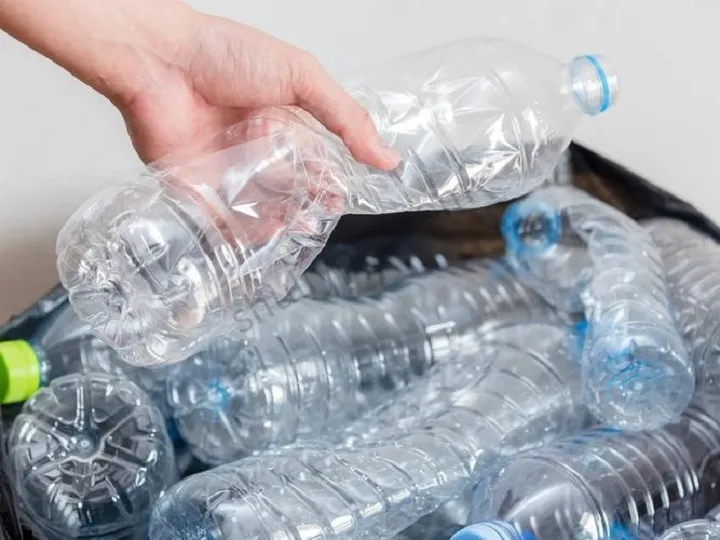
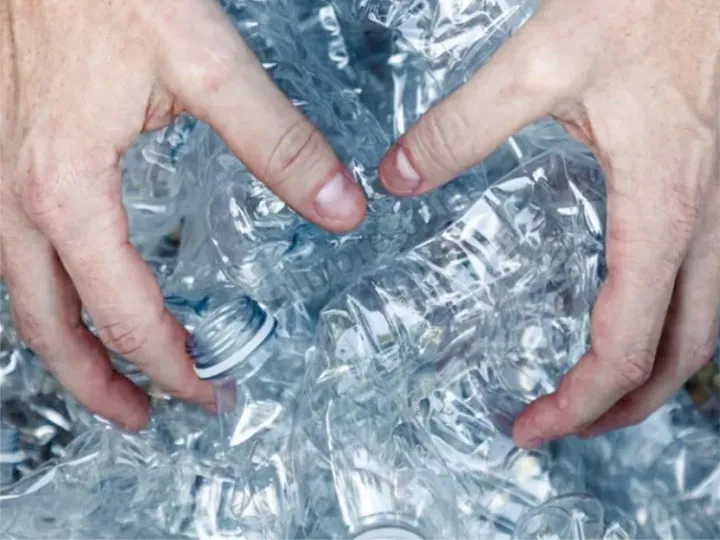
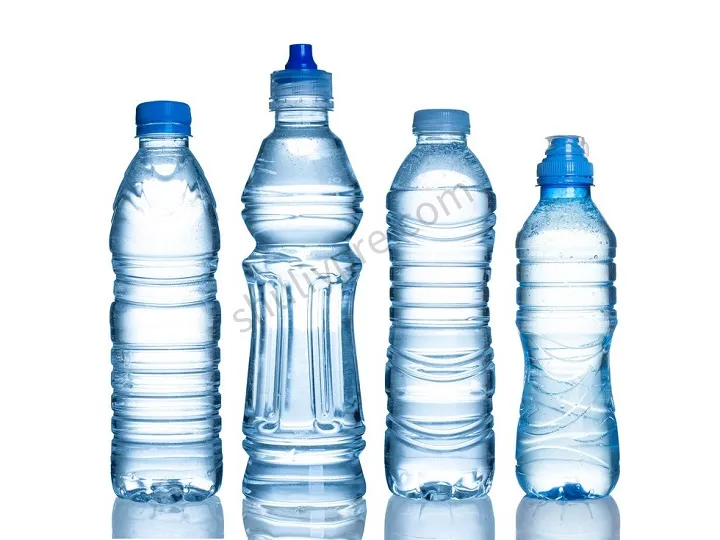
Portanto, as garrafas de PET são amplamente utilizadas para embalagens de alimentos, como água mineral, bebidas carbonatadas, óleos comestíveis, etc. Elas também são comumente usadas como recipientes para xampus, detergentes e outras necessidades diárias. Sua natureza química é estável e não tóxica, em conformidade com os padrões de segurança para contato com alimentos, mas com resistência limitada à temperatura; a exposição prolongada a altas temperaturas pode causar deformações ou liberar substâncias em traços, por isso não é recomendado repetir o uso com água quente.
Por que devemos incentivar a reciclagem de garrafas plásticas?
Urgência Ambiental: Combatendo a poluição plástica:
As garrafas PET são uma das principais fontes de resíduos plásticos em todo o mundo, ocupando espaço valioso e liberando produtos químicos nocivos. A reciclagem mantém esses resíduos fora de aterros sanitários sobrecarregados.
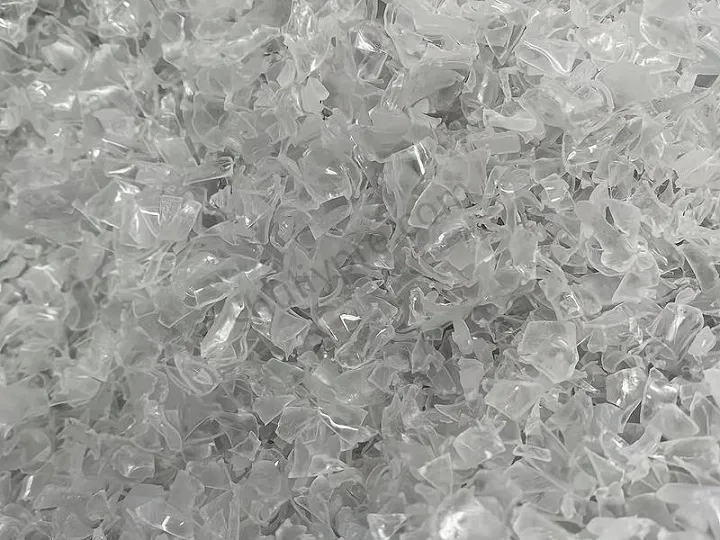
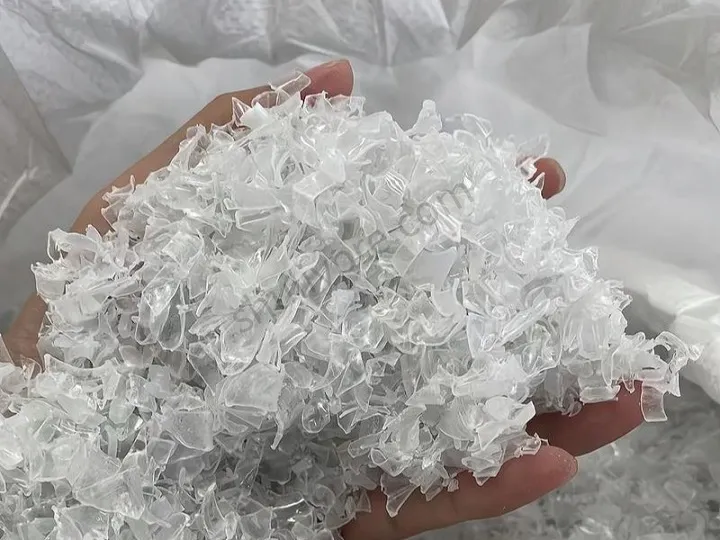
Benefícios económicos: Reciclagem de recursos de forma económica:
O PET reciclado é 10-30% mais barato do que o material virgem, tornando-o atraente para indústrias como embalagem, têxteis e construção.
O desafio da reciclagem de garrafas PET
A reciclagem de garrafas PET enfrenta desafios como sistemas de coleta global inconsistentes, onde a infraestrutura fragmentada em regiões em desenvolvimento leva a resíduos mistos e triagem ineficiente, além de problemas de contaminação provenientes de líquidos residuais, rótulos ou materiais não-PET que degradam a qualidade dos flocos reciclados.
- Contaminação: As garrafas PET estão frequentemente contaminadas com resíduos de alimentos, bebidas e outras substâncias durante o uso. Esses contaminantes afetam a qualidade e o desempenho do PET reciclado.
- Desafios Globais de Reciclagem: Em muitos países e regiões, um grande número de garrafas PET é descartado ou incinerado devido à falta de um sistema de reciclagem e infraestrutura bem desenvolvidos, resultando em desperdício de recursos e poluição ambiental.
Forma Eficaz de Reciclar Garrafas PET: Máquina de Reciclagem de Garrafas Plásticas
Portanto, para se livrar deste dilema, é necessária uma linha de lavagem de garrafas PET para reciclar garrafas PET. A linha de lavagem especializada da Shuliy oferece uma solução eficiente e padronizada para a reciclagem de garrafas plásticas, construindo um processo padronizado através de um design científico e integrado.
- As garrafas PET são primeiro removidas de seus rótulos usando um Máquina de desrotulagem de garrafas PET.
- Depois, um triturador de garrafa de plástico quebra essas garrafas em fragmentos para limpeza subsequente.
- Depois disso, os pedaços de plástico são colocados em um Máquina de lavar garrafas PET projetado para separar as tampas das garrafas.
- As garrafas PET são então colocadas no tanque de lavagem e o tanque de lavagem quente para esterilização profunda para remover ainda mais impurezas.
- A água é então removida por um máquina de secar plástico. Flocos de garrafa PET limpos são produzidos.
Máquina de Reciclagem de Garrafas PET à Venda em Moçambique
A instalação bem-sucedida e a operação estável de uma linha de lavagem de garrafas PET em Moçambique para reciclagem de garrafas PET é um marco para o desenvolvimento da economia circular local.
De acordo com o feedback do comprador de Moçambique, a linha de limpeza demonstrou as vantagens de "fácil operação, baixa falha, alta produção" desde a instalação e comissionamento.
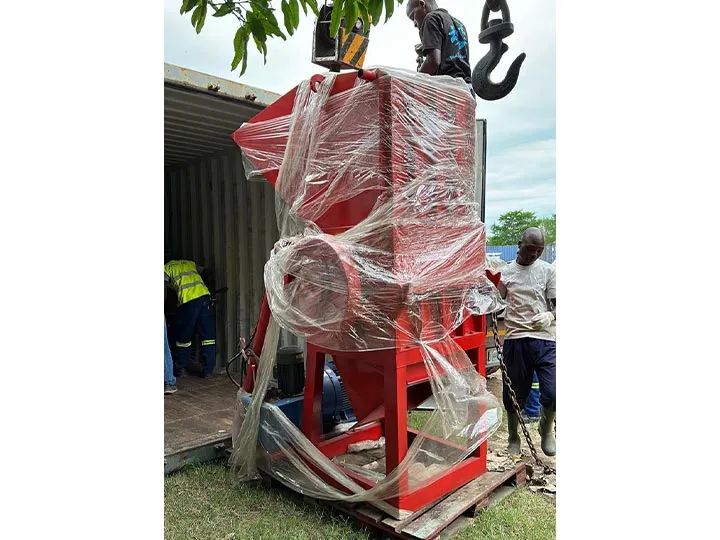
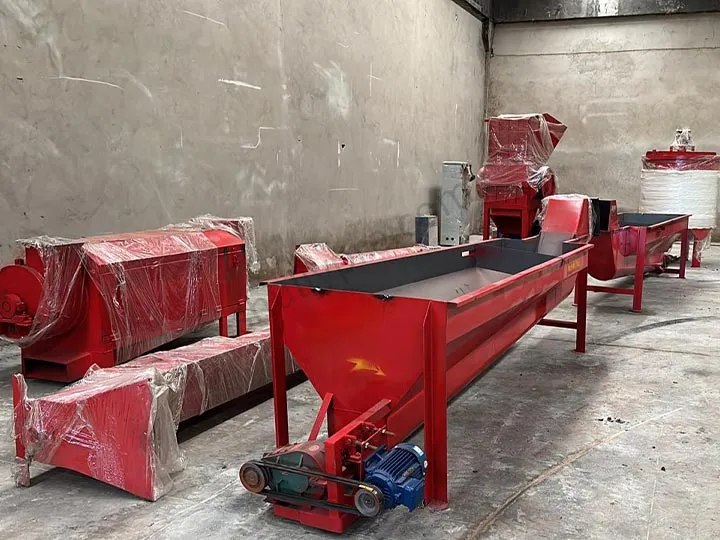
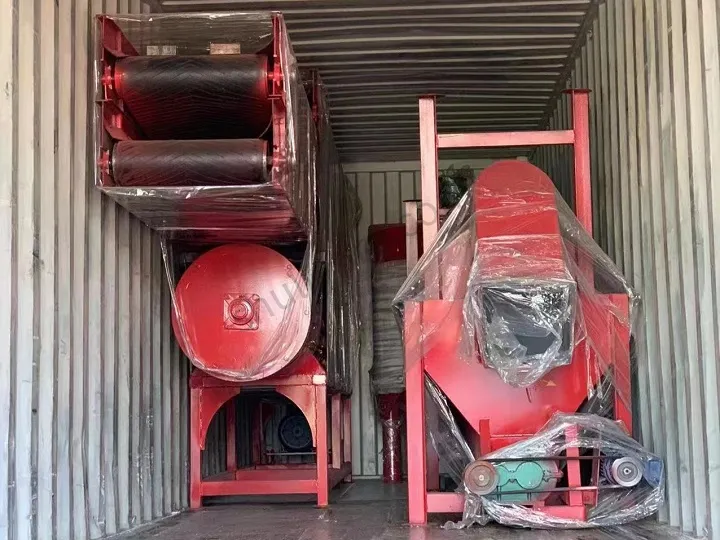
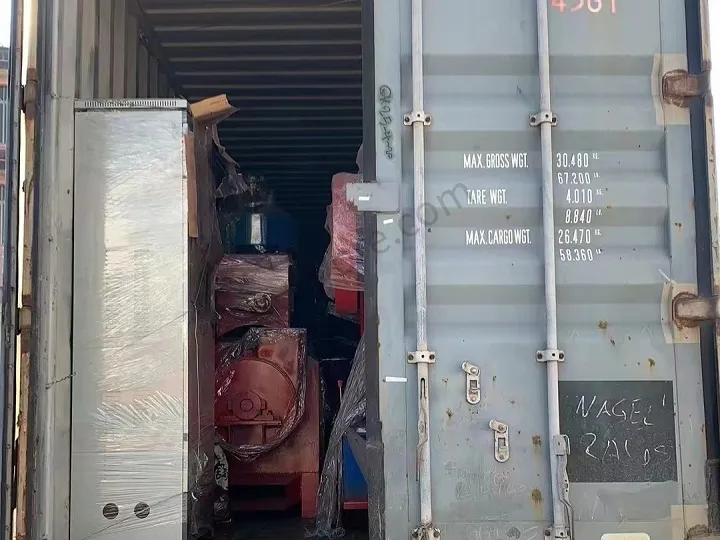
Além do caso de Moçambique acima, também temos casos vendidos para outros países.
Leia mais:
Reciclador de Plástico do Sudão do Sul Abraça a Máquina de Reciclagem de Garrafas PET Shuliy
Triturador portátil para planta de reciclagem de garrafas PET na Nigéria
